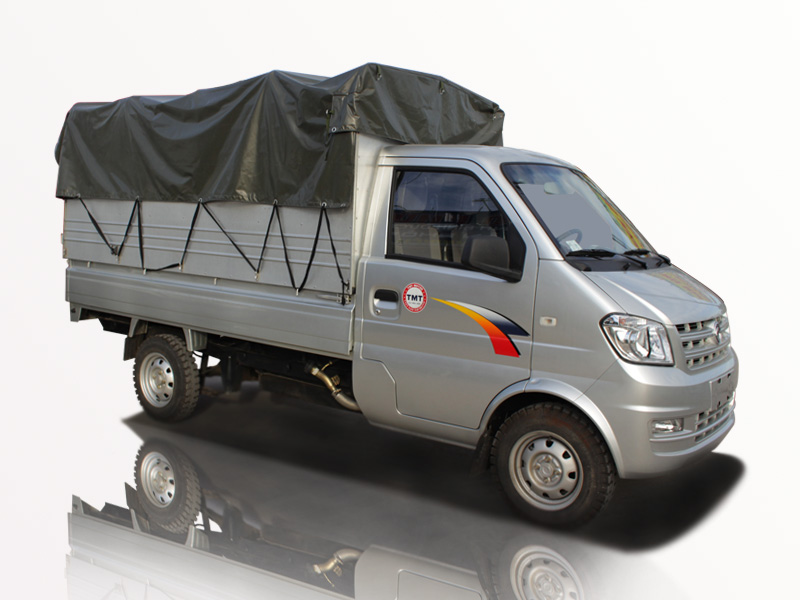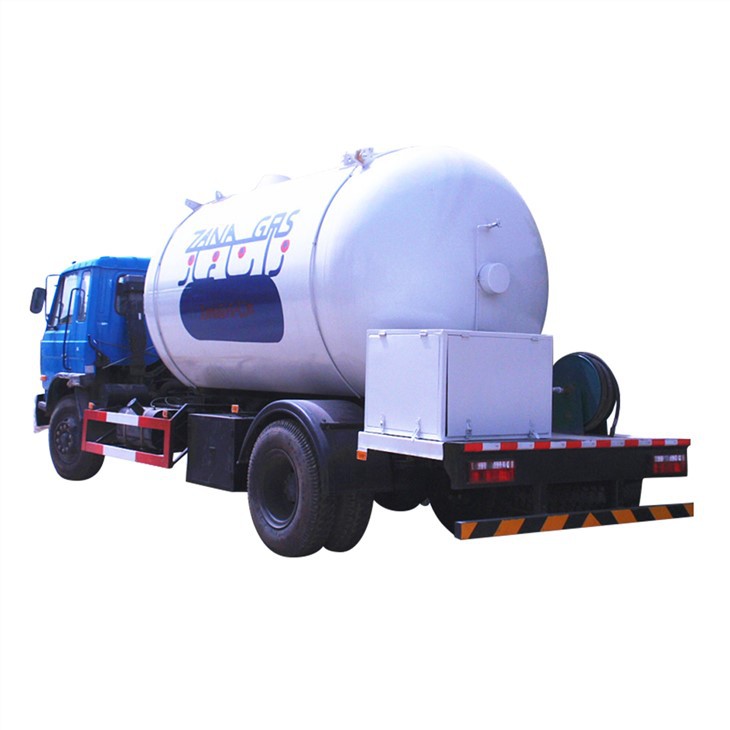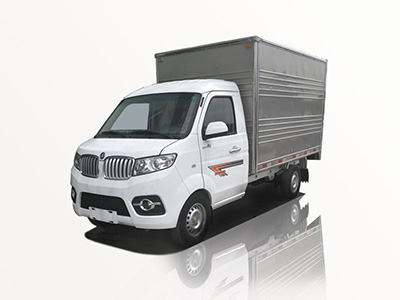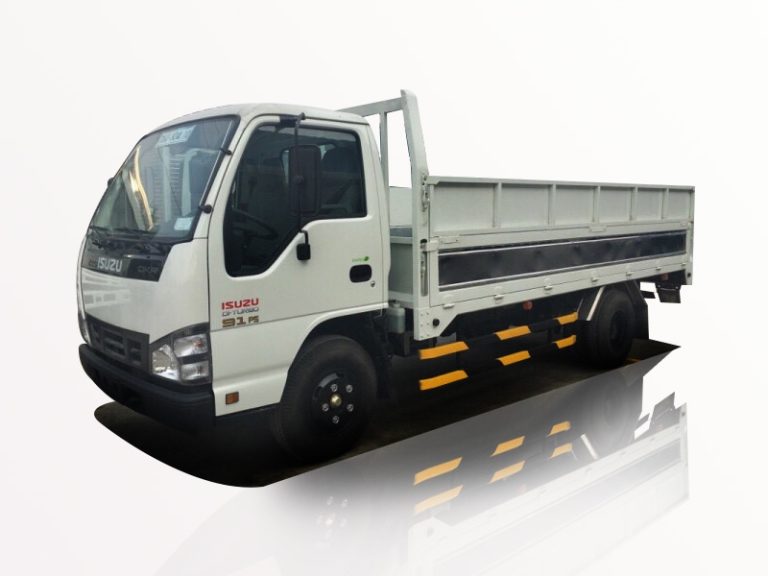Introduction
If you’re in the aviation industry, owning an aircraft fuel truck is essential for efficient fuel management. These trucks are specifically designed to transport and dispense fuel to airplanes safely and effectively. With various models available for sale, it can be daunting to pick the right one. In this guide, we will delve into the intricate details of aircraft fuel trucks, explore various options available for purchase, provide practical tips, and answer common questions you might have. Whether you are a small airport manager, a flight school administrator, or a private aircraft owner, this article is tailored to help you make an informed decision when looking for an aircraft fuel truck for sale.
Understanding Aircraft Fuel Trucks
What is an Aircraft Fuel Truck?
An aircraft fuel truck, also known as a fuel bowser or refueling truck, is a specialized vehicle designed to transport aviation fuel from storage facilities to airports and directly to aircraft. These trucks are equipped with pumps, hoses, and nozzles that enable them to dispense fuel quickly and safely.
Types of Aircraft Fuel Trucks
There are various types of aircraft fuel trucks available, each serving different needs. Here are some of the most common types:
- Jet Fuel Tankers: Designed for transporting aviation turbine fuel (Jet A or Jet A-1).
- Avgas Tankers: These trucks are used for transporting aviation gasoline, commonly used in small aircraft.
- Multi-Fuel Tankers: Capable of transporting both jet fuel and avgas.
Features to Look for in Aircraft Fuel Trucks
Safety Features
When purchasing an aircraft fuel truck, safety is paramount. Look for trucks equipped with:
- Overfill Prevention Systems: This feature prevents fuel spills.
- Emergency Shutdown Systems: Allows operators to shut down fuel flow in case of emergencies.
- Fire Extinguisher Mounts: Safety equipment readily available for emergencies.
Capacity and Size
Aircraft fuel trucks come in various capacities. Depending on your needs, you may require:
- Small Capacity Trucks: Ideal for small airports or flying clubs, typically ranging from 500 to 1,500 gallons.
- Medium Capacity Trucks: Suitable for regional airports, usually holding between 1,500 to 5,000 gallons.
- Large Capacity Trucks: Used in major airports, often exceeding 5,000 gallons.
Dispensing Systems
The type of dispensing system is crucial for the efficiency of fuel transfer. Consider the following types:
- Gravity Feed Systems: Suitable for lower volumes, relying on gravity to dispense fuel.
- Pump Systems: Most common in modern fuel trucks; they use pumps for faster refueling processes.
Where to Buy Aircraft Fuel Trucks
New vs. Used Aircraft Fuel Trucks
When searching for an aircraft fuel truck for sale, you can choose between new and used options:
New Aircraft Fuel Trucks
Benefits of purchasing new trucks include the latest safety features, warranties, and less maintenance required. However, they can be significantly more expensive.
Used Aircraft Fuel Trucks
Used trucks can be a more economical option but may require more upkeep and may not have the latest features. It’s crucial to assess their condition thoroughly before purchasing.
Online Marketplaces
Several online platforms specialize in aircraft fuel trucks. Key options to consider include:
- Commercial Truck Trader: A popular site for various types of trucks, including fuel trucks.
- Aviation Trader: Focused solely on aviation-related vehicles and equipment.
- eBay: Offers both new and used options but be cautious about reliability and authenticity.
The Buying Process
Setting Your Budget
Establishing a budget is essential. New aircraft fuel trucks can range widely in price, from $30,000 to over $200,000, depending on size and features. Used models can be found for less, starting around $10,000.
Assessing Needs
Consider the following factors before making a purchase:
- Volume of fuel required
- Types of fuel you will be dispensing
- Space availability for the truck
Inspection and Testing
Before finalizing your purchase, conduct a thorough inspection. Check for:
- Leakage signs or corrosion
- Pump and dispensing system functionality
- Tires and brakes condition
Maintenance of Aircraft Fuel Trucks
Regular Maintenance Tasks
To ensure longevity and safety, regular maintenance is vital. Key tasks include:
- Routine inspections for leaks
- Pump maintenance and filter replacements
- Calibration of dispensing systems
Storage Considerations
Proper storage of your aircraft fuel truck is essential. Store it in a shaded, dry area to protect against environmental wear and prolong its life.
Examples of Aircraft Fuel Trucks for Sale
Popular Models
| Model | Capacity | Price Range |
|---|---|---|
| Ford F-550 Fuel Truck | 1,200 Gallons | $50,000 – $70,000 |
| Freightliner M2 Fuel Truck | 3,000 Gallons | $100,000 – $150,000 |
| International 4300 Fuel Truck | 5,000 Gallons | $120,000 – $180,000 |
FAQs
1. How much does an aircraft fuel truck typically cost?
The price can range significantly, from $10,000 for used models to upwards of $200,000 for new trucks. The cost is influenced by factors like size, features, and brand.
2. What types of fuel can an aircraft fuel truck dispense?
Most aircraft fuel trucks are designed to dispense Jet A, Jet A-1, and aviation gasoline (AVGAS), but it’s essential to confirm the specifications of the truck you are considering.
3. Is financing available for purchasing an aircraft fuel truck?
Yes, many dealers provide financing options. It’s advisable to explore different lending institutions to find the best rates and terms for financing your purchase.
4. How often should an aircraft fuel truck be maintained?
Regular maintenance should be performed at least every 6 months or after a specific number of dispensing cycles. Always follow the manufacturer guidelines for optimal maintenance practices.
5. Can I convert a regular fuel truck into an aircraft fuel truck?
While it is technically possible to convert a regular fuel truck, it is not recommended. Aircraft fuel trucks are specifically designed to meet stringent safety and performance standards crucial for aviation fueling.
6. Are there any certifications required for operating an aircraft fuel truck?
Yes, operators typically must undergo training to understand the safety protocols and handling procedures for aviation fuel. Check local regulations for specific requirements in your area.



